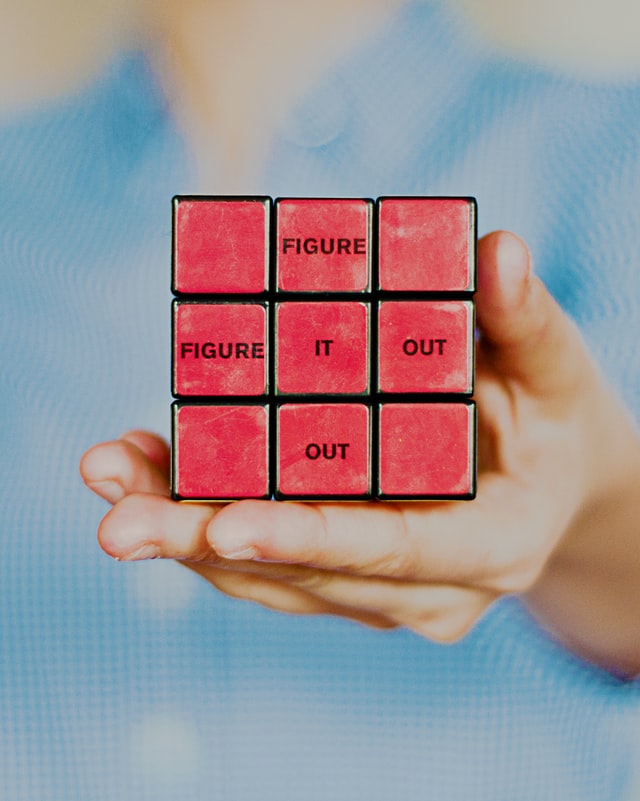A child could be the biological son or daughter of one person and the father or mother of another. This raises a question:if albert’s son is my son’s father, then what is the relationship between me and Albert?
This answer may seem straightforward, but sometimes things can get more complicated than they may seem. Keep reading to find out how this situation could play out in practice!
It starts with the obvious fact that Albert’s son has a father, who is my son’s father. What should we do to determine the relationship between Albert and my son?
One option would be to just say that Albert is my son’s father because that makes sense. However, it might not be the best answer.
If I were your great-grandfather, you might not want to marry into my family! There are other possible relationships that we could investigate instead.
One common situation where this question arises is when a woman has two husbands at once. In this situation she marries one husband and bears her children with him, but later marries another man and bears her children with him as well.
If the first man’s child is the second man’s father, then should he be considered his grandfather or great-uncle? It depends on how you define it. It may even depend on whether you are speaking English, French, Spanish, or another language!
We have to remember that the relationships traced by the kinship terminology are based on facts about people.
These facts can change if people do things that change their relationship to other people, such as marrying someone else.
The facts are actually very important because they define what kinship terminology has to mean.
To determine the relationship between Albert and my son, we will start with some basic ideas about kinship terminology.
We must first see what these terms mean and how they are defined. Of course, people can change their relationship to other people over time, so those definitions may not be completely applicable now.
We know that a person’s parents are his or her father and mother. However, we also know that a child may have more than two parents at once.
Terminologies of relationship possibilities :
1. If the relationship is reciprocal .
Then we say that one person is the child of the other. Just as we will say that Albert is my son’s father, so our son is Albert’s son.
We can’t always work out who the child is, but the parents of each sibling must be considered.
2. If one of the two people is a sibling .
Then they are siblings of each other and of their parents as well.
This means that if your brother marries your sister later on, then all three people will be considered his or her siblings and related to him or her by marriage.
3. If one of the two people is a parent and another person is a child .
Then we say that the person who was a parent is also a grandparent and descendant from his or her child .
We will say that Albert is my son’s father, then in this case my son is Albert’s descendant . We can’t work out who the grandparents are, but the child of each grandparent is his or her descendant.
4. If one of the two people is a double-cousin .
Then they are also double-first-cousins with each other and their common parent is both their maternal uncle and paternal aunt .
5. Of these possibilities.
It seems most reasonable to think that your great-grandfather will be your grandfather , but it depends on how strict we want to be about these definitions.
6. If one of the two people is a grandparent and one of their children is a descendant.
Then we say that the grandparent would be the grandchild’s parent as well as their grandfather and great-grandfather (by descent) .
7. If one of the two people is a descendant and one of them is a parent .
Then we say that they would be first cousins to each other and their common ancestor .
8. If one of the two people was related to his or her first cousin .
Then we say that they will be second cousins .
9. If one of the two people is a first cousin once removed and the relationship is asymmetric .
Then the relationship is reciprocal. In this case, we say that one person is a first cousin once removed of the other person and both have a common parent as well as an uncle.
These guidelines for defining relationships are not always perfectly clear-cut, but they will serve to guide us in determining which relationships between Albert and my son to consider.
When we do not know exactly who depends on what, we should look at all possible situations.
This takes some time and effort, but it can help us make sense of these relationships accurately. For example, Albert gave birth to my son’s mother during her time as his wife.











